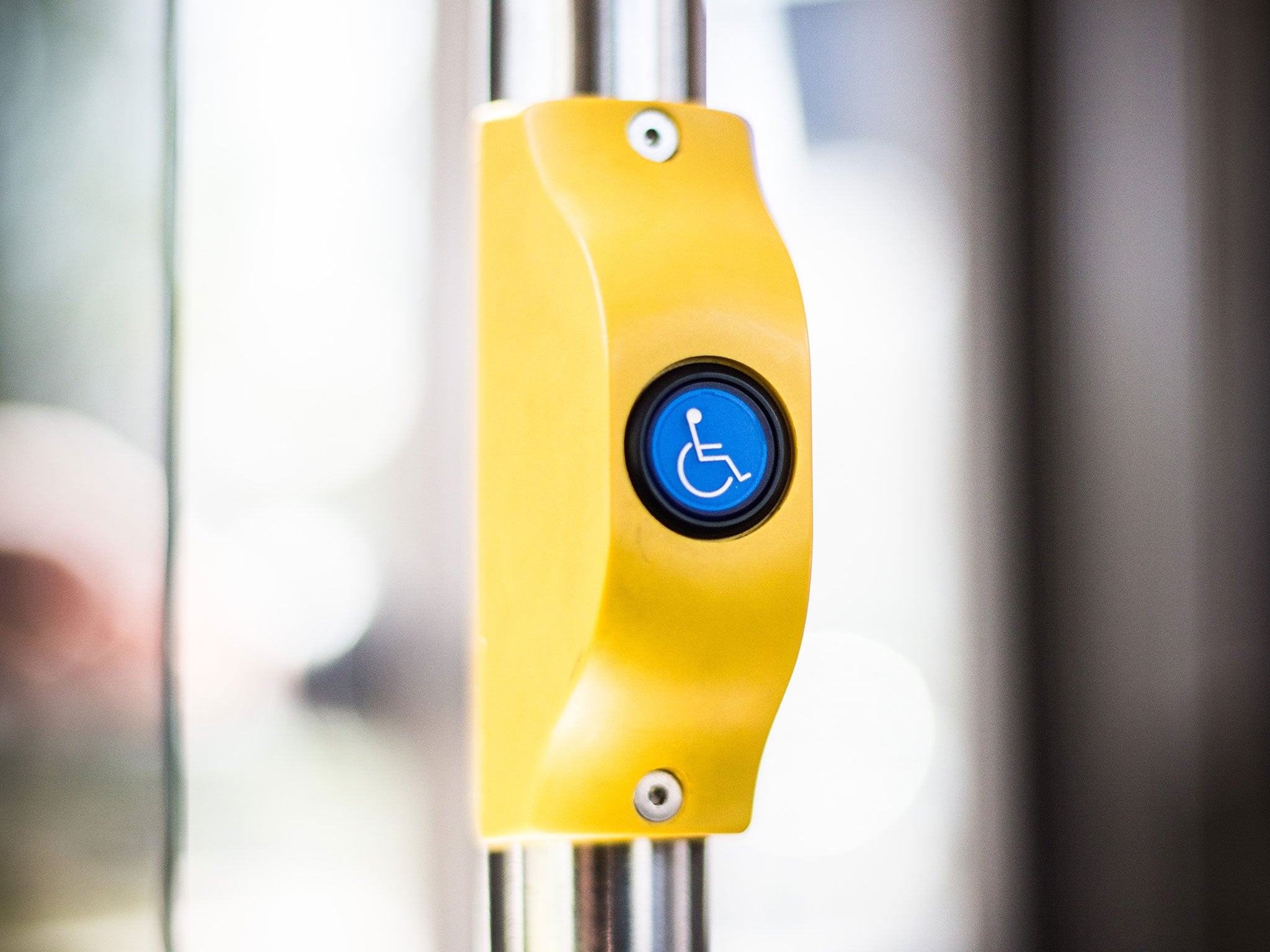Your support helps us to tell the story
From reproductive rights to climate change to Big Tech, The Independent is on the ground when the story is developing. Whether it's investigating the financials of Elon Musk's pro-Trump PAC or producing our latest documentary, 'The A Word', which shines a light on the American women fighting for reproductive rights, we know how important it is to parse out the facts from the messaging.
At such a critical moment in US history, we need reporters on the ground. Your donation allows us to keep sending journalists to speak to both sides of the story.
The Independent is trusted by Americans across the entire political spectrum. And unlike many other quality news outlets, we choose not to lock Americans out of our reporting and analysis with paywalls. We believe quality journalism should be available to everyone, paid for by those who can afford it.
Your support makes all the difference.More than half of disabled people declared “fit to work” by the Department for Work and Pensions who appeal the decision are later found to actually be ill, departmental figures show.
Figures released by the DWP show tribunals overturned 52 per cent of Employment and Support Allowance appeals claims in the given period.
Despite the worrying rate of errors, the Government this week confirmed it would put even more responsibility on the assessment system.
MPs this week passed a £30-a-week cut for new ESA claimants put in the so-called “work-related activity group” – meaning that from April 2017 being judged to be in the wrong group could end up costing disabled people over £1,500 a year.
Previous research by the Disability Benefits Consortium of charities suggests that 28 per cent of people on the current, higher WRAG rate have been unable to afford to eat, while 38 per cent have been unable to heat their homes.
Protesters demonstrated outside the DWP’s offices at Caxton House in Westminster yesterday. One of the protesters carried a banner bearing the names of 96 people she claimed to have died while as a result of benefits sanctions.
In total 36 per cent of all fit-to-work ESA decisions to date have been appealed – meaning the errors likely make up a significant proportion of total claims.
The latest appeals success analysis released by the DWP on Thursday refers to claims starting in October 2014 to December 2014 because the figure refers to cases where the lengthy assessment process has been completed. It represents the latest dataset made available by the Department.
Rossanna Trudgian, head of campaigns at the learning disability charity Mencap, said the ESA system needed a fundamental redesign.
“Today’s figures show yet again that the Work Capability Assessment is failing the people it is designed to support,” she said.
“Not only is the Government pushing through cuts to disability benefits, but its benefits system is continually making wrong decisions and directly harming people’s chances of finding work.
“We now urge the Government to consider a fundamental redesign of the WCA, and to think seriously about the impact of its repeated cuts to benefits and social care on the on the 1.4 million people with a learning disability in the UK.”
The DWP stressed that is had since introduced mandatory reconsideration for people found fit to work, removing the initial requirements for people going to appeal.
A DWP spokesperson said: “The decision on whether someone is well enough to work is taken following a thorough independent assessment, and after consideration of all the supporting evidence from the claimant’s GP or medical specialist.
“Most overturned decisions are the result of additional evidence being provided which was not available to the initial decision-maker. This does not mean the original decision was wrong.
“The majority of people who have a WCA are given the highest rate of support available, which reflects the many improvements that we have made to the system in recent years.”

Join our commenting forum
Join thought-provoking conversations, follow other Independent readers and see their replies
Comments